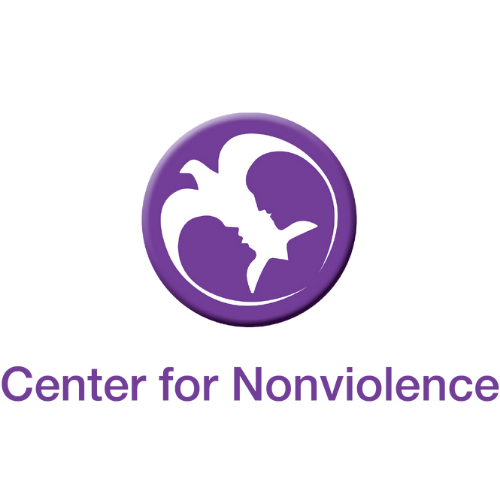National Stalking Awareness Month: Information and Resources
January marks National Stalking Awareness Month (NSAM), which is dedicated to acknowledging and addressing the grave crime of stalking. It's essential to recognize this behavior and empower individuals to take action against it. Know it. Name it. Stop it.
What is stalking?
The state of Indiana defines stalking as “the means a knowing or an intentional course of conduct involving repeated or continuing harassment of another person that would cause a reasonable person to feel terrorized, frightened, intimidated, or threatened and that actually causes the victim to feel terrorized, frightened, intimidated, or threatened.” It is estimated that 1 in 3 women and 1 in 6 men will experience stalking in their lifetime.
What does stalking look like?
Stalking can happen to anyone, with most victims knowing who their stalker is. A stalker can be a former or current intimate partner, an acquaintance, a roommate, or even a family member. While stalking behavior can take many forms, some common examples include unwanted contact, such as texts, emails, phone calls, social media interactions, and monitoring or tracking. It can also look like walking by the victim’s house multiple times, appearing at the workplace, or showing up uninvited at social engagements.
A stalker’s behavior and actions can sometimes be hard to explain. It might feel like an ex just “won’t leave me alone” or that “my boss creeps me out.” Some aspects of stalking are obvious and overt, such as those mentioned above. However, stalkers can also take a more subtle approach by doing “nice” or ordinary things, like sending expensive or excessive gifts. Even though these actions may seem harmless or even romantic to some people, it's critical to understand that these actions and behaviors constitute stalking if they are unwanted by the victim.
Example Scenario: A DV survivor takes proactive steps to distance themselves from an abusive ex with a history of stalking, changing contact information and social media accounts. Despite these measures, the victim continues to receive flowers at their new address, which, on the surface, might appear as a kind gesture. However, given the context of past stalking behaviors, such actions can be indicative of a continuing pattern.
What should you do if you are being stalked?
Stalking is a crime in the U.S. If you think you are being stalked, documenting and reporting these actions are critically important. Here are some tips if you think you are being stalked.
SPARC’s General Tips for Victims -
Trust your instincts. Victims of stalking often feel pressured by friends or family to downplay the stalker’s behavior, but stalking poses a real threat of harm. Your safety is paramount.
Call the police if you feel you are in any immediate danger. Explain why the stalker’s actions are causing you fear.
Keep a record or log of each contact with the stalker. You can use this log as an example. Be sure also to document any police reports.
Save evidence when possible. Stalkers often use technology to contact their victims. Save all emails, text messages, photos, and postings on social networking sites as evidence of the stalking behavior. You may also want to consider how to use your technology and devices more safely. For more information, please visit the National Network to End Domestic Violence Safety Net Project’s Tech Safety Site.
Get connected with a local victim service provider who can assist you in exploring your options as well as discuss safety planning.
Surviving and ending stalking requires safety planning and working with a professional DV advocate who can connect victims of stalking to legal and other resources. If you or someone you know is experiencing stalking, seek assistance from relevant authorities, support services, or local organizations dedicated to combating stalking and supporting victims.
To speak to an advocate about stalking, contact us at reach out to support@centerfornv.org, or call 260-456-4112. You can also call one of these National Hotlines.
National Domestic Abuse Hotline 1-800-799-7233
RAINN National Sexual Assault Hotline 1-800-656-4673


